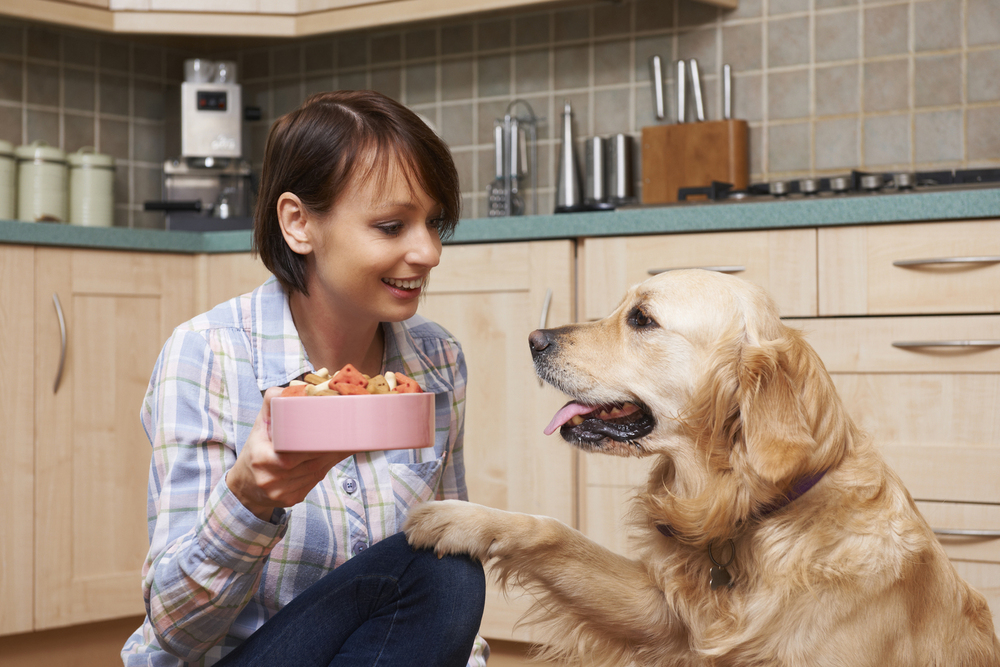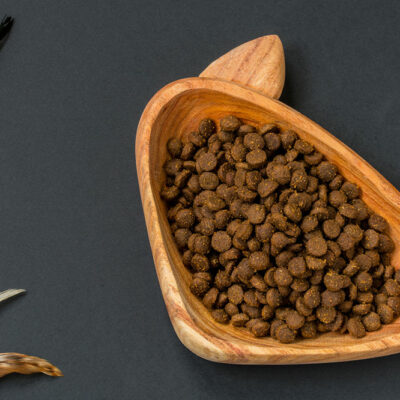
Tips for Food Allergies in Dogs
Like humans, even dogs suffer from food sensitivities and allergies. A food allergy is usually an immune system reaction to a particular food. Figuring out the specific food source that causes an allergic reaction can be very difficult, but it has been observed that most food allergies in dogs occur due to prolonged exposure to a particular food trigger like protein or carbohydrate. These dietary tips for food allergies in dogs can provide relief to your pooch from the symptoms.
Watch out for these common allergens
Vets suggest that animal proteins like chicken, beef, dairy, and even eggs can cause food allergies in dogs, but plant proteins may also cause allergic reactions in rare cases. So, keep a close watch on any symptoms that your dog might show to identify a particular food allergen.
Identify trigger foods
You can put your pooch on a special diet designed by a vet for 10-12 weeks. Don’t give your dog any treats and even their flavored toys. If your pooch is suffering from a food allergy, their symptoms will improve over time, and they can gradually resume their old diet. You may notice a flare-up as soon as an hour or as late as up to 2 weeks after they return to their old diet, so you might need to cut back on certain foods from their daily diet to check for any changes in the symptoms. This dietary tip for preventing food allergies in dogs will help you identify and eliminate specific trigger foods.
Go for a single-source protein diet
This is also referred to as a novel protein diet and comprises proteins from a non-typical source that your little pooch might have never eaten before. Some novel protein sources are venison, buffalo, duck, and salmon.
Opt for hydrolyzed dog food
This diet consists of foods rich in protein that are broken down into amino acids. Since the protein is broken down into smaller molecules, your dog’s immune system might not notice it, preventing an allergic reaction. This is why many hypoallergenic dog foods are made of hydrolyzed protein.
Put them on a combination diet
Most vets recommend a combination of novel and hydrolyzed proteins with a mix of omega fatty acids. This is because omega-3 fatty acids reduce food allergy symptoms. Some rich sources of this essential nutrient are freshwater fish like salmon and sardines, but ensure that you consult a vet before putting your pooch on this type of diet.
Keep these edibles away from your dog’s food bowl
A helpful dietary tip for getting rid of food allergies in dogs is to be wary of trigger foods that can be potentially poisonous to their system. Some poisonous foods for dogs are macadamia nuts, chocolate, raisins, avocados, salt, and garlic.


